
The authors share evidence-based guidance for patient safety that minimizes suicide risk in medical settings.

The authors share evidence-based guidance for patient safety that minimizes suicide risk in medical settings.

In honor of National Foster Care Month, this article sheds light on these issues and provides information for psychiatrists caring for this vulnerable population.

The cure should not be worse than the disease; so must we be cautious about our response to COVID-19. More in this video with Harold J. Bursztajn, MD.

“I met Talia almost 20 years ago. It wasn’t the usual doctor-patient relationship formed in the setting of an outpatient clinic or general inpatient hospital.”

We often push thoughts of death far out of our awareness, but at the present time they unavoidably re-emerge. Can we learn something helpful from this?
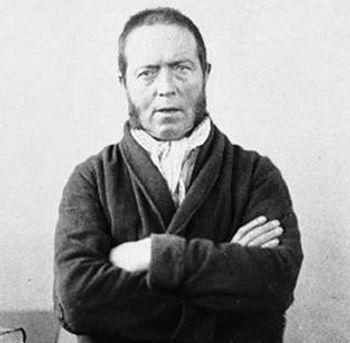
Across the centuries, March has been an eventful month for the insanity defense on both sides of the Atlantic, and the McNaughten rule remains the prevalent standard to this day.

Not that long ago I read a news story about three women who had reported that the psychiatrist treating them had insisted on sex.

When parents take steps to end their marriages, the default arrangement for children should be shared parenting. Psychiatrists, psychologists, social workers, lawyers, and judges can help parents avoid irreparable harm.

James L. Knoll IV, MD, analyzes the ethical and legal duties of psychiatrists treating substance use disorders.
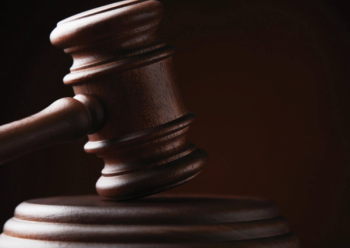
The costs, risks, and considerations involved in treating addiction have upped the ante, as illustrated in this case.

How can a human being commit such acts without being under the influence of some powerful “alien” force? How can they not be "mentally ill"? Here's how.

Bullying and aggression, evasiveness and avoidance of responsibilities, and impulsivity and stealing-if these behaviors persist, the brain may hold the key in future studies.

Key points regarding intimate partner violence.

A tripartite dimensional approach may be used to better understand the mental functioning of those who commit mass violence.
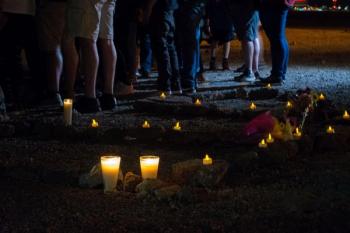
When it comes to mass shooters, persistent emotional disturbance is not the same as frank “mental illness.” Exploring the spectrum of psychopathology.

In short, Epstein’s story was media catnip. Unfortunately, lost in all the sensational coverage of this one man was the systematic mistreatment of people with serious mental illness in the criminal justice system.

In November 2018, the National Rifle Association (NRA) taunted physicians by tweeting, “Someone should tell self-important anti-gun doctors to stay in their lane.” In response, physicians, including psychiatrists, insisted that firearm death, suicide, injury, and trauma are indeed our lane.

The Clean Air Act (CAA) turned 55 years old last year. Most millennials and Gen Xers have had little idea what this legislation has meant for us, even though it may have given us each almost a year of productive life.
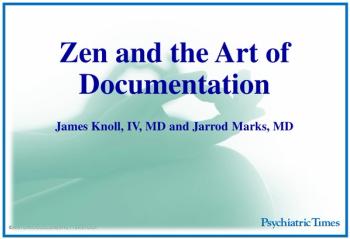
Lawyers tend to be good at spotting unexplained inconsistencies in documentation. Take these steps to protect yourself.

The treater who assumes a dual role as either disability examiner or forensic expert faces ethical risks because of the inherent binds in the roles.

The author presents for consideration and discussion two personal stories in which the so-called Tarasoff Rule, or the “duty to warn” a threatened third party, was invoked. One was arguably appropriate; the other, arguably not.

An expert provides sage advice to avoid a malpractice lawsuit, even in the face of potentially tragic outcomes.

Verbal de-escalation involves validating a patient’s experience, establishing a collaborative relationship, and finding solutions to ensure the patient’s needs are met. More in this quiz.
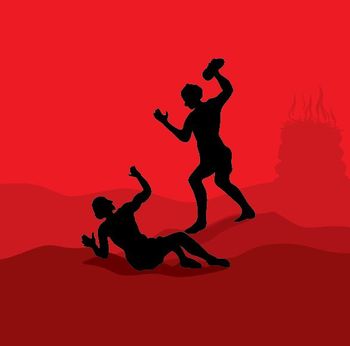
A close analysis of the psychodynamics of Cain’s crime shows us something important about his mentality-not to be confused with mental illness.

PNES cause significant suffering, and most patients with undiagnosed and/or untreated PNES continue to have seizures and remain on disability. What do we know about PNES? Take the quiz and learn more.